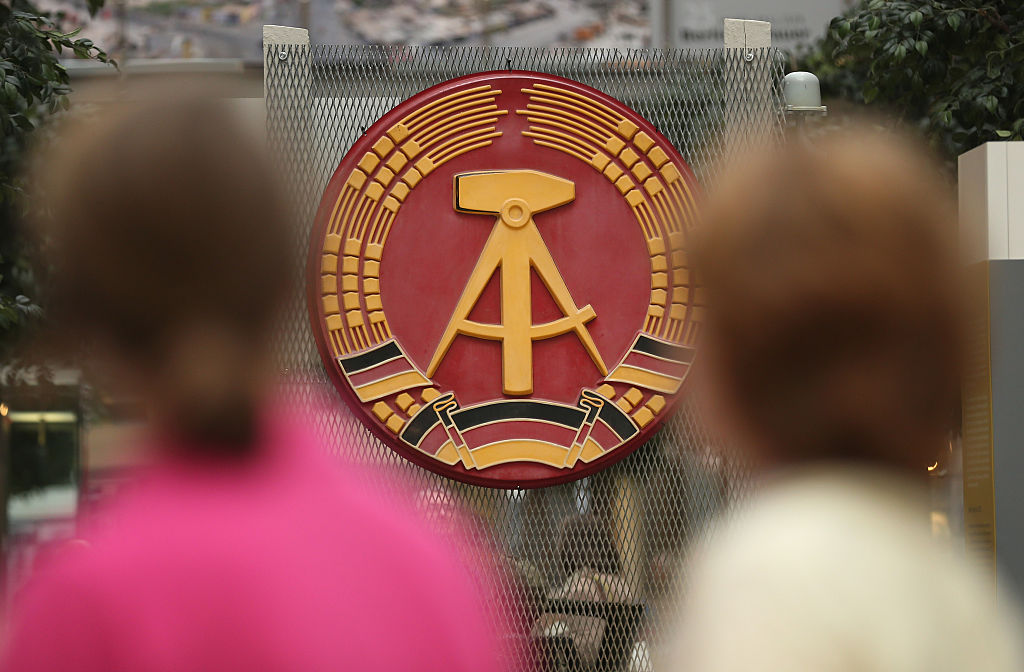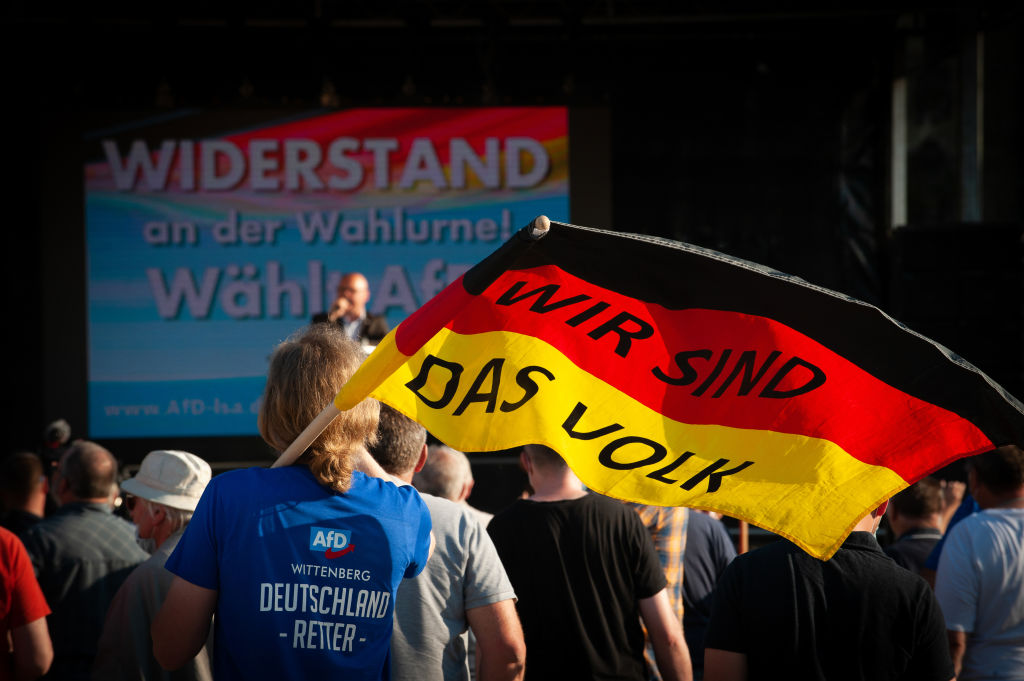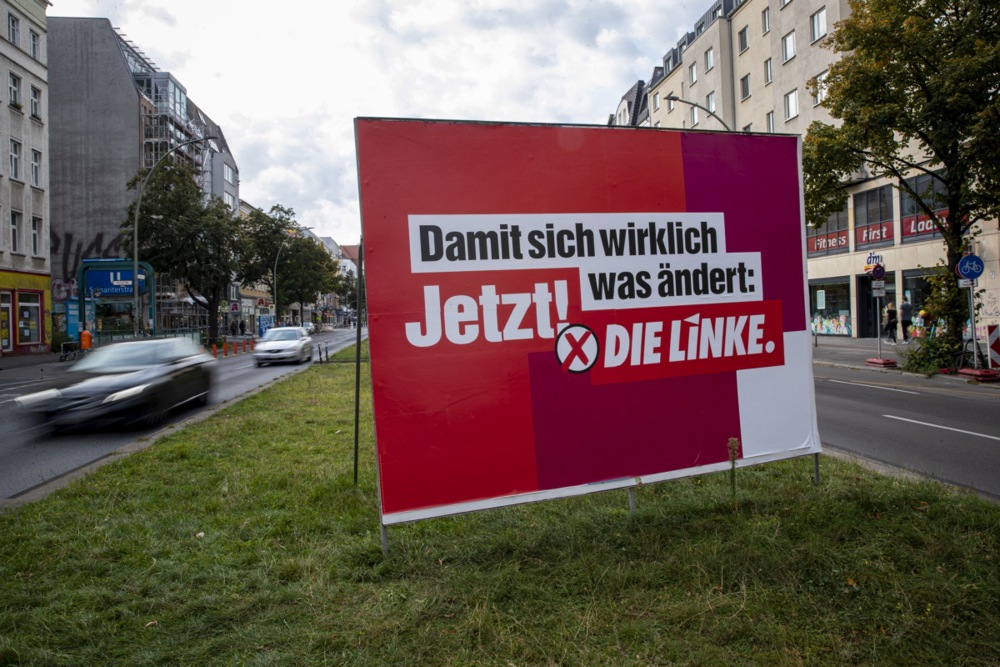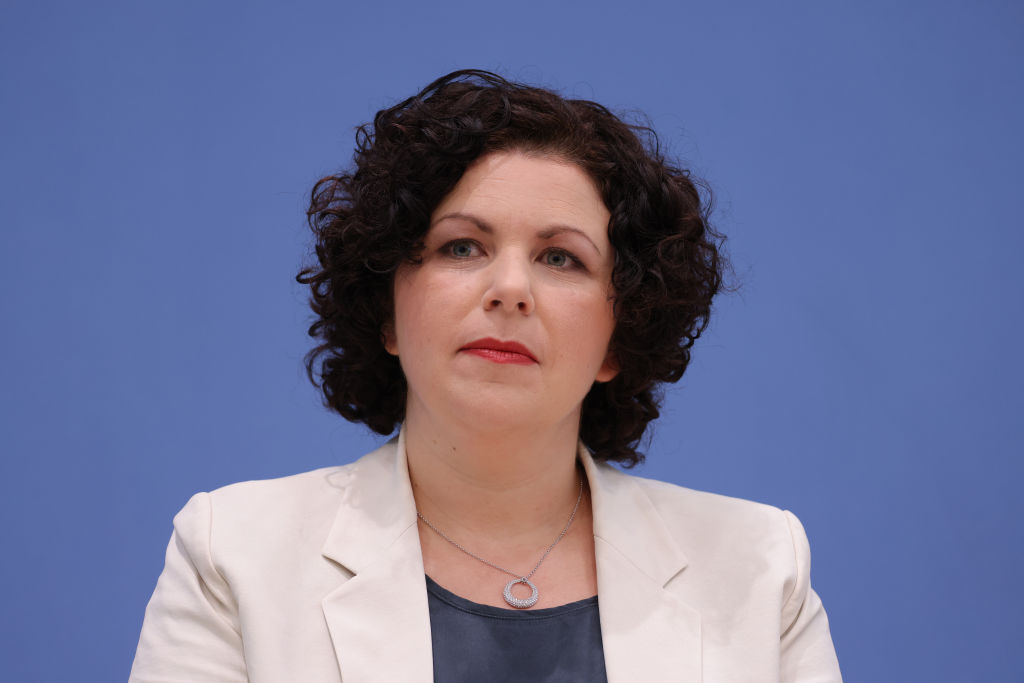The European Parliament’s ‘The Left’ parliamentary group is under existential threat, with Germany’s Sahra Wagenknecht hinting at forming a rival left-wing parliamentary alliance.
Expected to garner up to seven MEP seats in June’s EU elections, Wagenknecht’s new left-wing populist Bündnis Sahra Wagenknecht (BSW) had been expected to give The Left grouping a major lift come September if it joined it.
However, Wagenknecht on February 20 told reporters she is considering abandoning plans to join the parliamentary group entirely, and instead founding a new one.
With each parliamentary group requiring a minimum of 23 MEPs from at least seven different EU countries to operate, this new group could render The Left unviable, a fact Wagenknecht appears to recognise.
“I would not exactly predict that the current left-wing group will persist after the European elections,” she said.
While she said there were discussions about the BSW joining The Left, Wagenknecht warned her party had substantial differences with the grouping, especially on immigration.
“Talks and considerations are indeed taking place,” she said.
“We will have to see if we will form a new group in the European Parliament or if there will be some sort of merger in the end.”
Germany’s CDU opposition may expand its so-called “firewall” to prohibit party officials from working with the new left-wing populist Bündnis Sahra Wagenknecht (BSW) party. https://t.co/4dji2pxjM8
— Brussels Signal (@brusselssignal) February 6, 2024
Speaking to Euractiv, insiders within The Left were quick to deny the BSW posed a danger to their parliamentary group.
“Mrs Wagenknecht’s statements are more election campaign slogans than real substance,” said a representative from Germany’s Die Linke–the party Wagenknecht abandoned to found her own.
The plausibility of these business-as-usual claims remains suspect.
The last 12 months have seen growing success for left-wing European populism, including the return of Robert Fico’s Smer party to power in Slovakia under an economically socialist yet socially conservative political platform.
Die Linke lost so much ground to BSW and the Alternative für Deutschland it faces no longer being able to maintain its own parliamentary group in Germany’s federal parliament.
It is now polling at just 3.5 per cent of the national vote, below the five per cent minimum needed to enter parliament were an election held today.
Robert Fico is to be installed as Prime Minister of Slovakia just in time for the summit of the European Council on October 26-27. https://t.co/oJSaoVt5Xf
— Brussels Signal (@brusselssignal) October 25, 2023





